
The diverse terroir of Israel undoubtedly plays a key role in what makes Israeli wines so successful. Grapes for wine can be grown in a variety of Israeli environments, from the arid Golan Heights to the lush Galilee. These environments encourage winemakers to try new approaches to winemaking and enable for all kinds of wines to be made from unique, vast grape varietals.
Israel’s wine culture goes all the way back to biblical times. Wine was an important part of the Israelite culture; it is described in the Bible as a sign of celebration and is commonly found in Israelite tombs. As a result, Israel now has a vibrant wine sector that produces a diverse range of wines, from classic kosher varieties to experimental new releases.
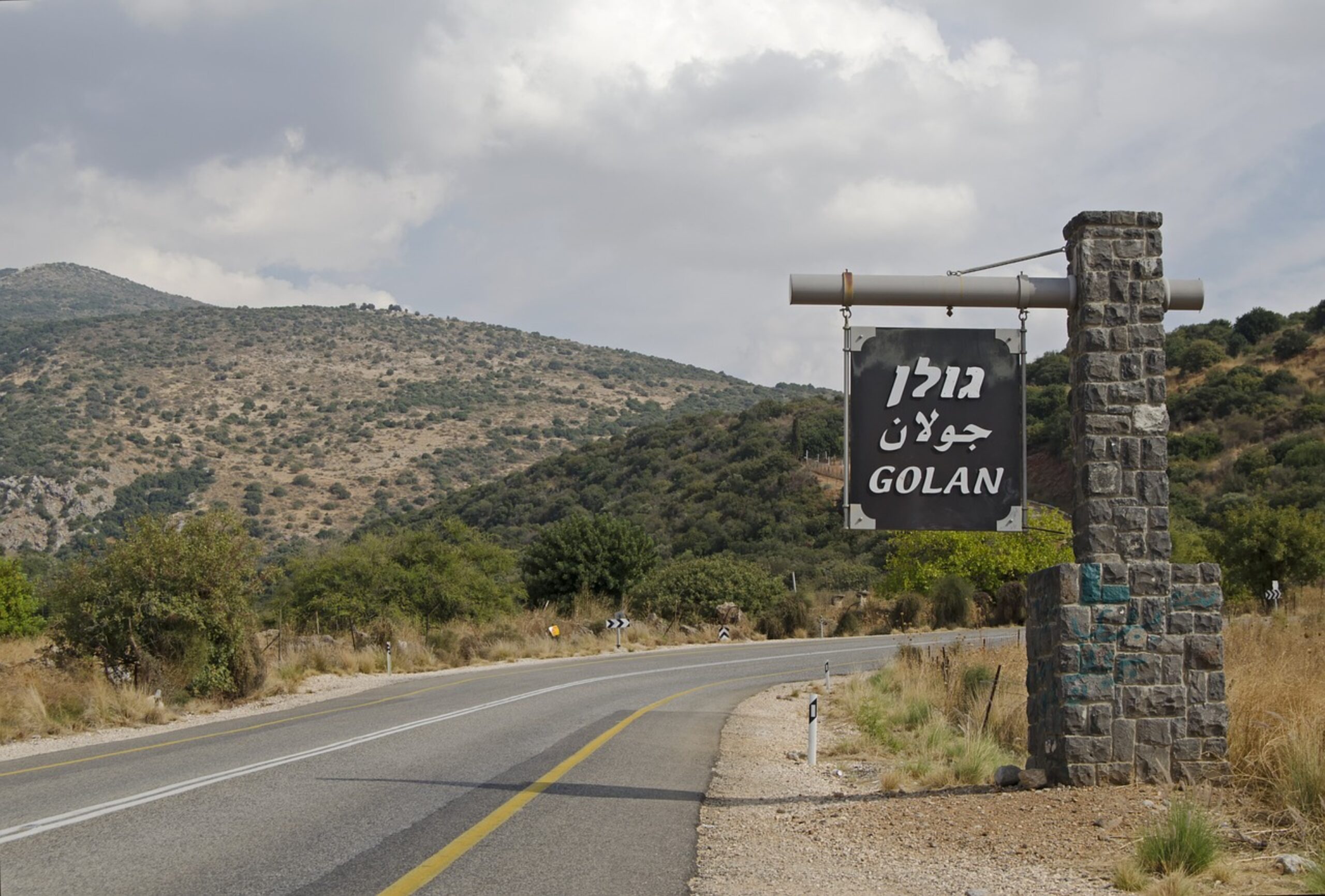
The Golan Heights in Israel’s northeast is one of the country’s most celebrated wine-growing areas. Grapes thrive in the region’s volcanic soil and high altitude, so it’s no surprise that it’s home to several renowned wineries, including Carmel Winery and Golan Heights Winery. Wines made from Cabernet Sauvignon and Merlot grapes, as well as Chardonnay and Sauvignon Blanc, are particularly well-known from the area.
The concentrated berry flavors, velvety tannins and lively acidity of these wines have earned them a solid reputation. Many of the region’s wineries also make classic sparkling wines of exceptional quality which are currently earning acclaim around the world. A longer grape growing season results in wines that are more nuanced and well-structured in the Golan Heights because of the chilling effect of the surrounding Sea of Galilee.
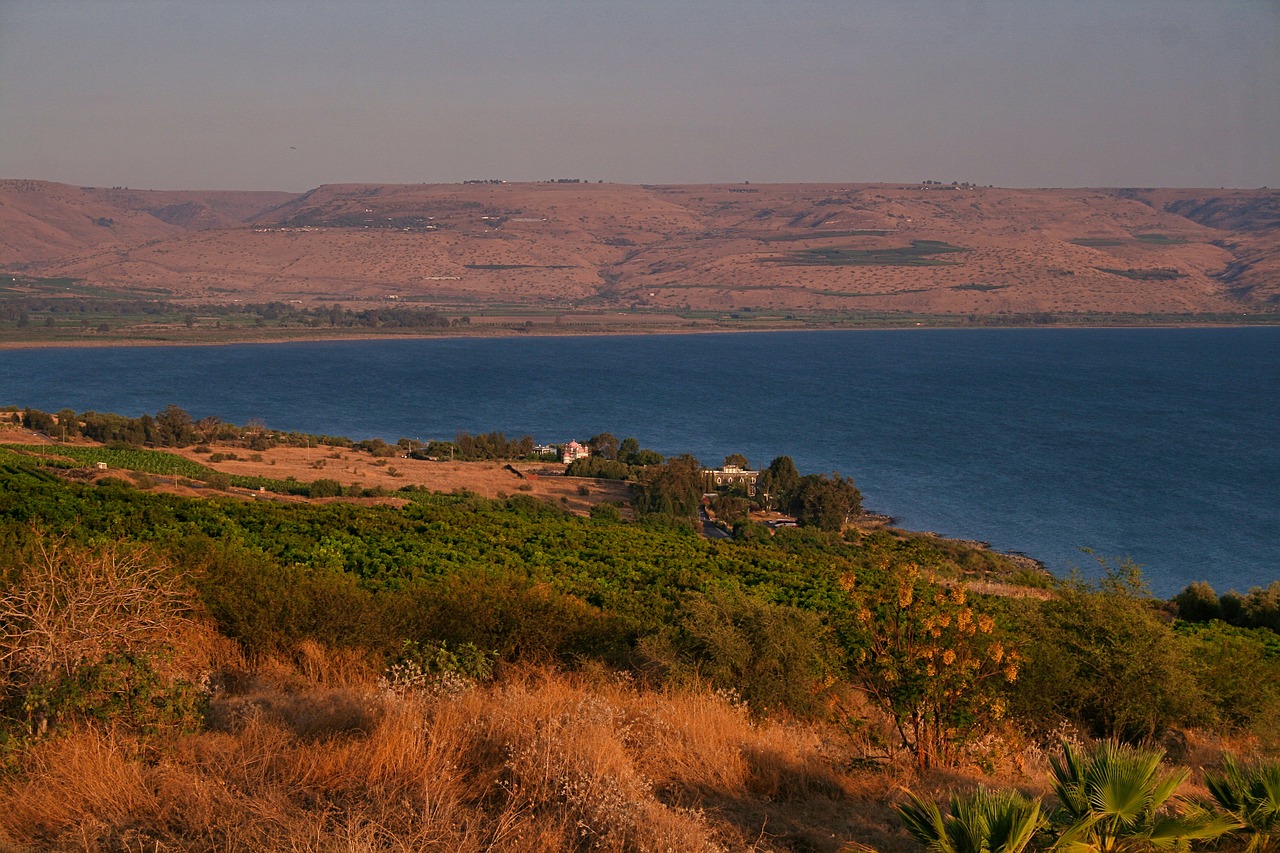
Galilee, in Israel’s northernmost region, is another significant wine-producing area. The region enjoys a warm Mediterranean climate with long, scorching summers and short, cool winters. There are a number of small, artisanal wineries in the Galilee, such as Tabor Winery and Domaine du Castel, that make excellent ‘old-fashioned’ wines.
White wines like Riesling, Chenin Blanc and Viognier are the region’s claim to fame. The light aromas, refreshing acidity and mineral overtones make these wines stand out. Rosé wines, often a combination of Carignan, Grenache and Mourvedre, are another specialty of the region. These wines are ideal for the warmer months due to their light, fruity aromas and crisp acidity. Red blends from the Galilee region are well-known for their full-bodied, complex flavors and robust bodies. Their secret? They are composed of multiple grape varietals, such as Syrah, Petit Verdot and Cabernet Sauvignon.
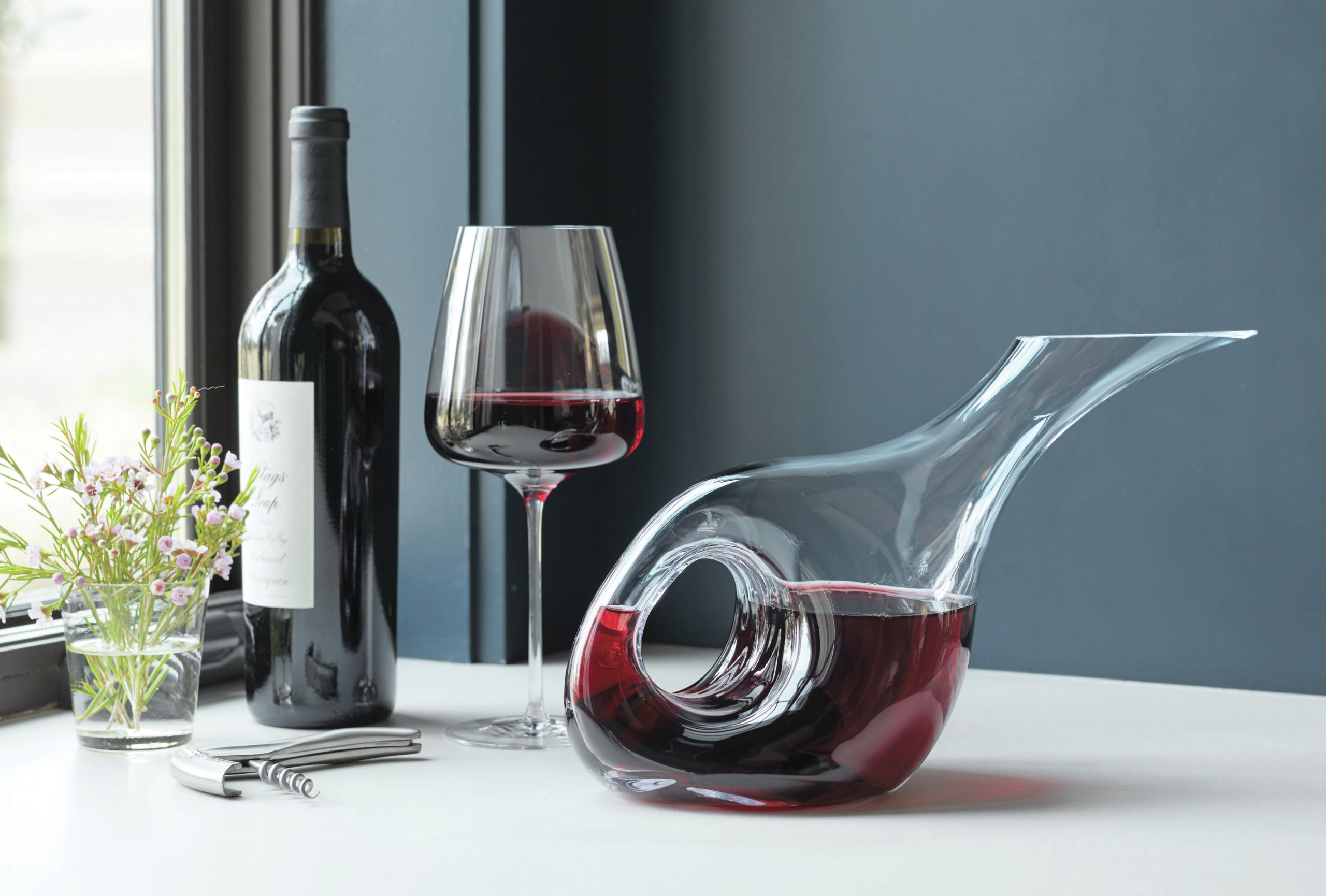
Apart from these more established wine-growing areas, Israel is also home to a growing number of cutting-edge wineries that are revolutionizing the Israeli wine industry. Two prime examples are Recanati Winery and Psagot Winery. They are using innovative methods and grape varietals to produce wines that are attracting attention within Israel and beyond.
They both use a variation of oak aging and fermentation procedures to create wines with nuanced flavors and interesting depth. In addition to using grapes that are native to the region, they experiment with varietals such as Petit Verdot and Tempranillo. These wineries are also committed to organic and sustainable winemaking methods, resulting in environmentally friendly and delicious beverages.
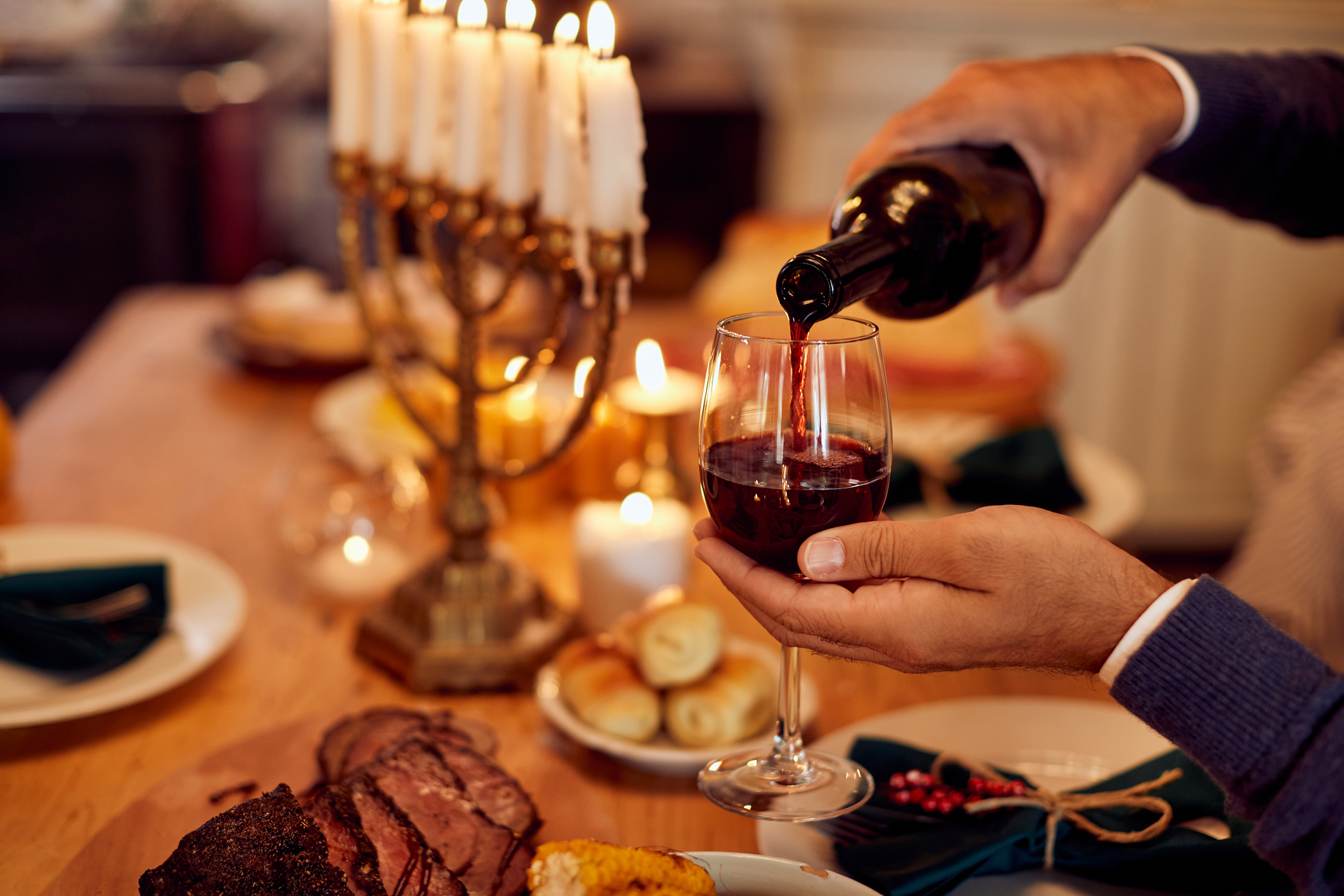
Israeli kosher wine is one of the country’s most defining wine delicacies. Wine is a food item subject to kashrut (kosher dietary regulations), hence every Israeli wine must be certified as such. As a result, numerous Israeli vineyards now produce kosher wines that meet the dietary requirements of Orthodox Jews. The wines must be made in a kosher facility under the watchful eye of a rabbi, and they must not come into contact with any non-kosher substances or machinery throughout the production process.
These kosher wines are often made in the traditional fashion and are lauded for their sapid flavors and lengthy aftertastes. While the Israeli market is large enough to support the production of kosher wine, the country also exports kosher wines to nations with sizable Jewish populations, such as the United States and Canada.
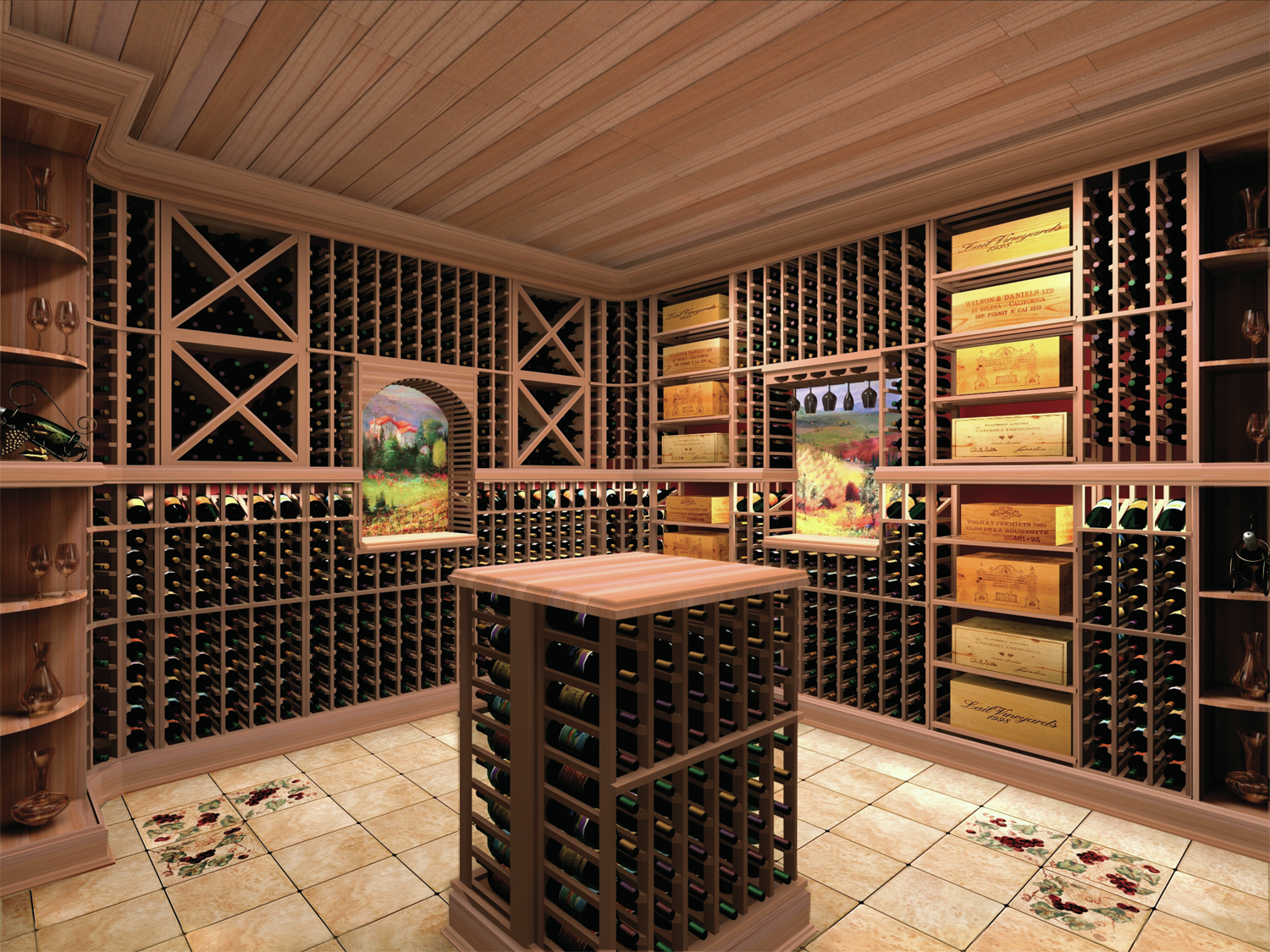
Throughout the year, Israel hosts an abundance of wine festivals and events where curious wine lovers can sample and learn more about Israeli vintages. Zichron Yaakov, one of the oldest winemaking villages in Israel, hosts a Wine Festival every year where winemakers from all over the nation come to pour their wares, give tours and deliver talks to the public. Visitors come from all over the world to enjoy the event and taste just some of the many varieties of Israeli wine.
Israeli wines have been receiving increasing acclaim and recognition in the global wine scene in recent years. Many of the country’s wines have been honored at the Decanter World Wine Awards and the International Wine Challenge, among others. This provides further evidence of the high standard set by Israeli winemakers. It’s no surprise that these wines are often regarded as some of the very best produced anywhere in the Mediterranean region.
About the Author: Yarden Sun was born and lives in Israel. He specialized in the history and biology of the Land of Israel and is also a wine lover and winery consultant.